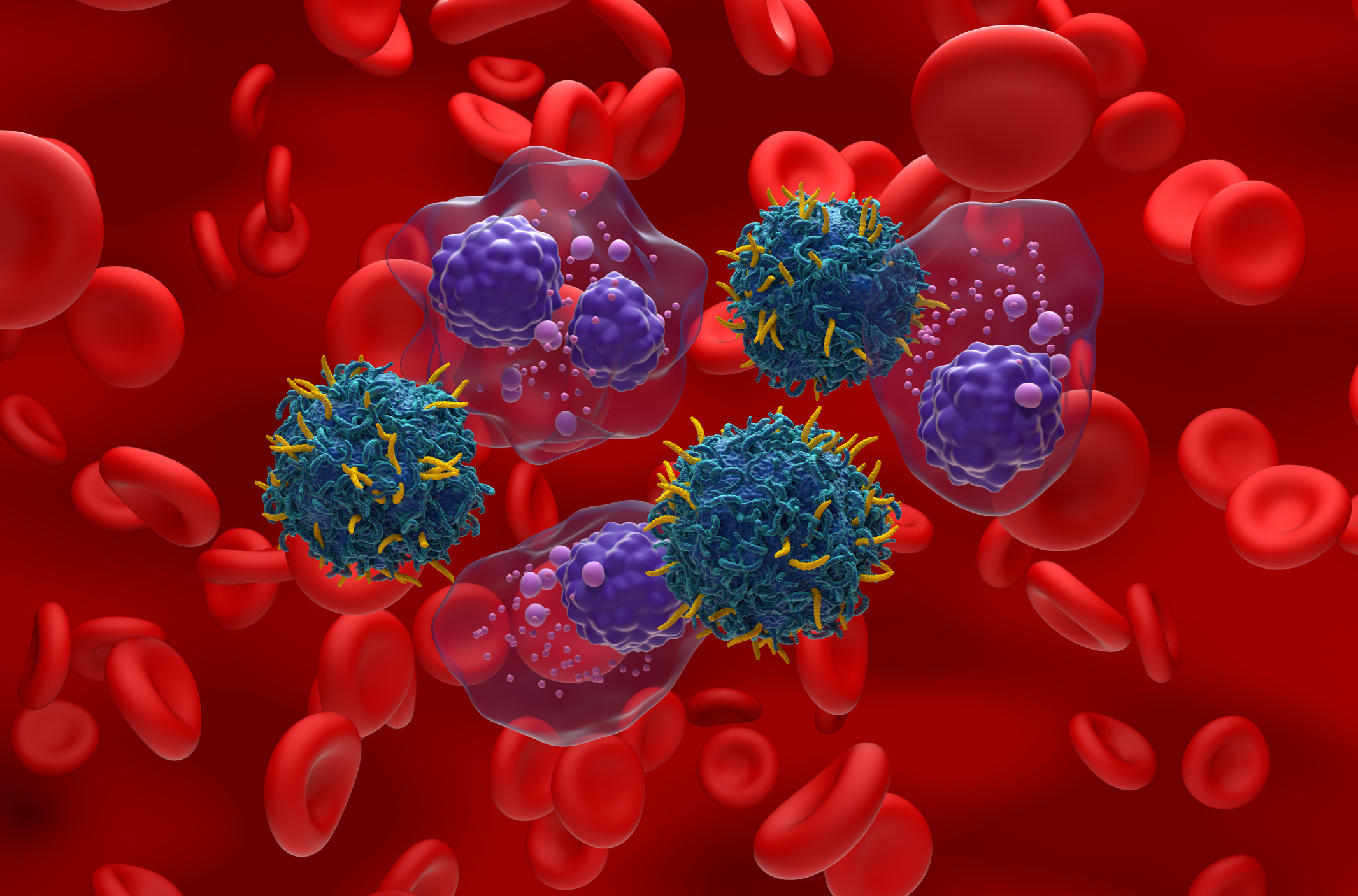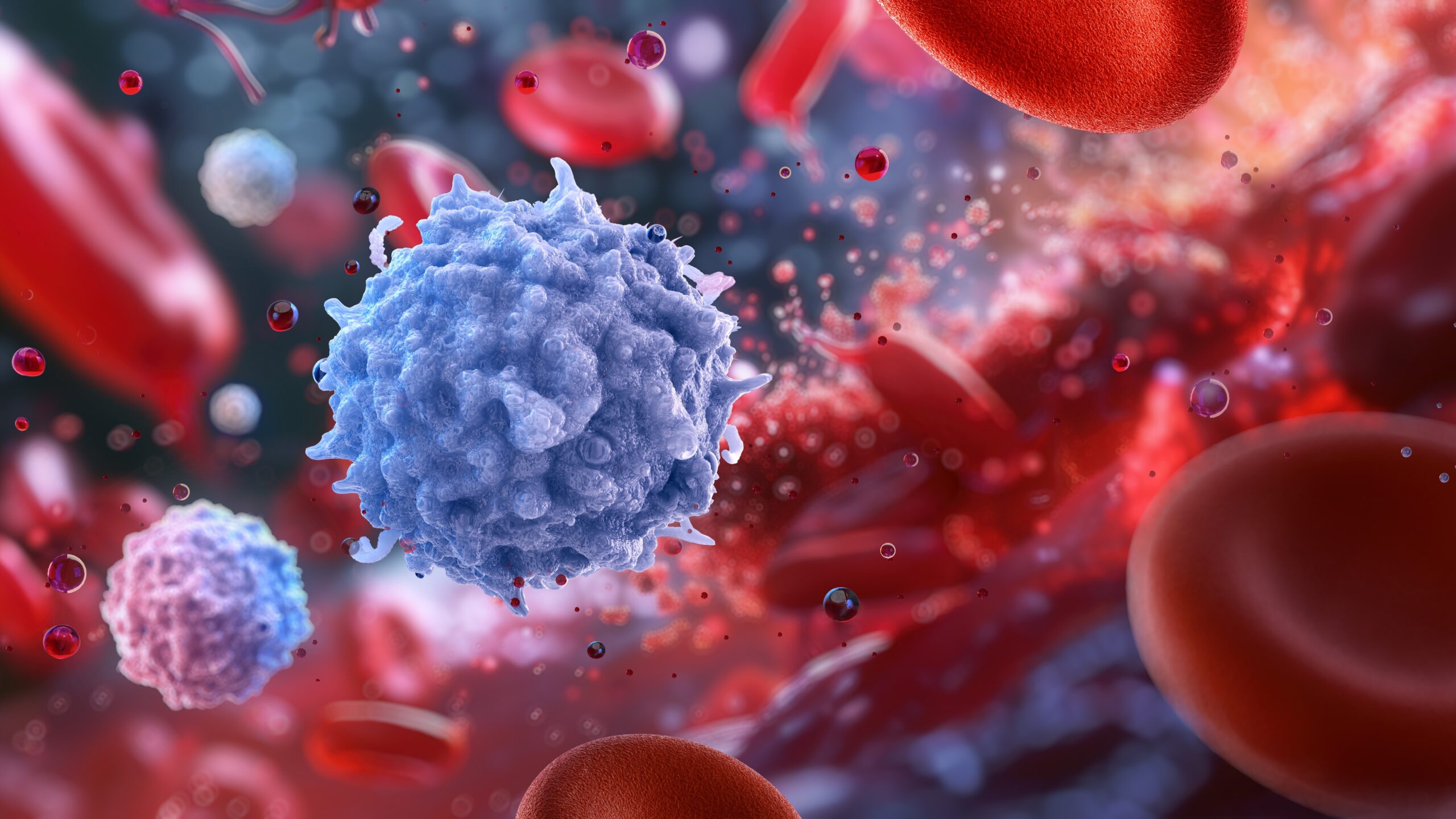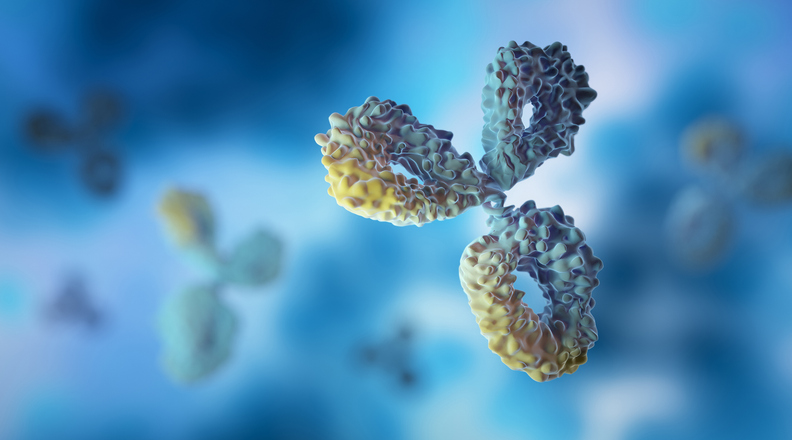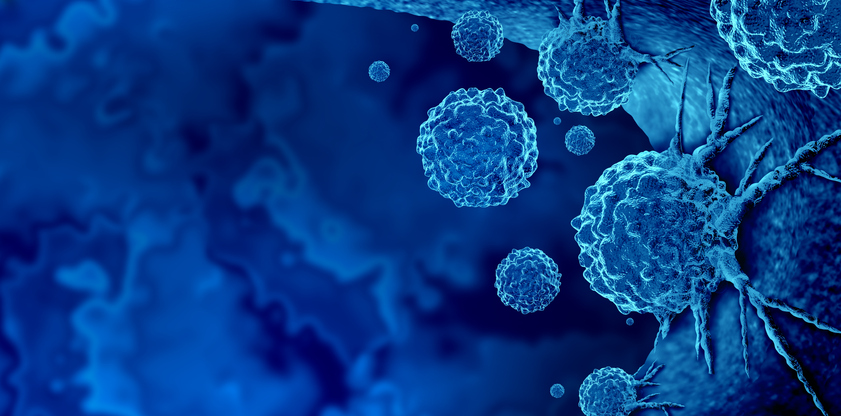
Mutational events on BCMA “confer distinct sensitivities toward different anti-BCMA therapies” in patients with multiple myeloma (MM), according to a recent study.
The study, published in Nature Medicine, is “underscoring the importance of considering the tumor antigen landscape for optimal design and selection of targeted immunotherapies in MM, according to its authors.
Researchers at Sylvester Comprehensive Cancer Center at the University of Miami Miller School of Medicine were part of the international team of scientists who identified mechanisms by which some multiple myelomas become resistant to initially effective T-cell therapies, according to a news release.
“Recognizing these mutations and gaining a clearer understanding of the resistance mechanisms to these potent immunotherapies is pivotal,” Francesco Maura, MD, of the Sylvester Comprehensive Cancer Center at the University of Miami Miller School of Medicine, who is a senior author of the publication, said in the news release. “This knowledge plays a crucial role in devising tailored strategies and making informed choices regarding the selection of products and targets for individual patients.”
The researchers examined tumor-intrinsic factors that promote MM antigen escape by using combined bulk and single-cell whole-genome sequencing and copy number variation. They analyzed 30 patients with MM who received BCMA-directed therapy or GPRC5D-directed therapy with chimeric antigen receptor (CAR) T cells or bispecific T-cell engagers.
They found that relapse after therapy in two cases was “driven by BCMA-negative clones harboring focal biallelic deletions at the TNFRSF17 locus at relapse or by selective expansion of pre-existing subclones with biallelic TNFRSF17 loss.”
However, in five other cases of relapsed MM, the researchers found newly detected, nontruncating, missense mutations, or in-frame deletions that impacted the extracellular domain of BCMA and “negated the efficacies of anti-BCMA [bispecific T-cell engager] therapies, despite detectable surface BCMA protein expression,” the researchers wrote.
They also reported four cases of relapsed MM with biallelic mutations of GPRC5D after anti-GPRC5D T-cell engager therapy. This included two cases with “convergent evolution where multiple subclones lost GPRC5D through somatic events,” according to the study’s authors.
Ola Landgren, MD, PhD, who conducts computational and translational research in myeloma and is a coauthor of the Nature Medicine paper, described the importance of the findings.
“One important aspect of our findings is that mutations in the extracellular domain of BCMA have a distinct impact: They impede the binding of the therapeutic T cells without exerting any influence on the protein’s expression or downstream signaling pathways,” Dr. Landgren said in the news release. “This finding revealed that the proportion of patients with myeloma who experience relapse due to antigen escape is considerably more extensive than initially anticipated.”
The results have implications for future treatment and research, the researchers concluded.
“Immunoselection of BCMA– or GPRC5D-negative or mutant clones is an important tumor-intrinsic driver of relapse post-targeted therapies,” the researchers wrote in Nature Medicine. “Mutational events on BCMA confer distinct sensitivities toward different anti-BCMA therapies, underscoring the importance of considering the tumor antigen landscape for optimal design and selection of targeted immunotherapies in MM.”
Reference
Lee H, Ahn S, Maity R, et al. Mechanisms of antigen escape from BCMA- or GPRC5D-targeted immunotherapies in multiple myeloma. Nat Med. 2023. doi:10.1038/s41591-023-02491-5






 © 2025 Mashup Media, LLC, a Formedics Property. All Rights Reserved.
© 2025 Mashup Media, LLC, a Formedics Property. All Rights Reserved.